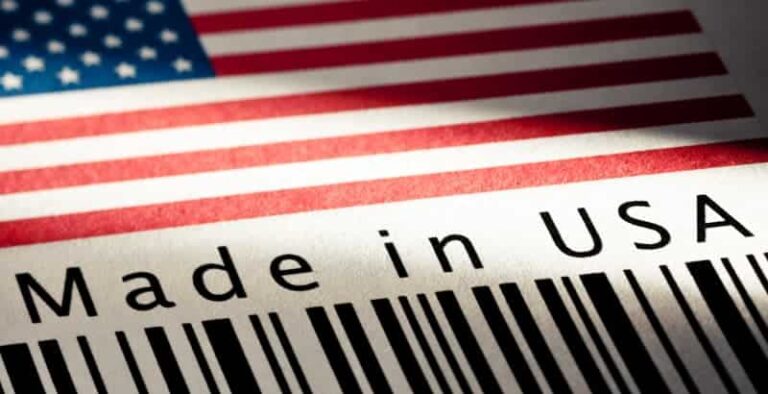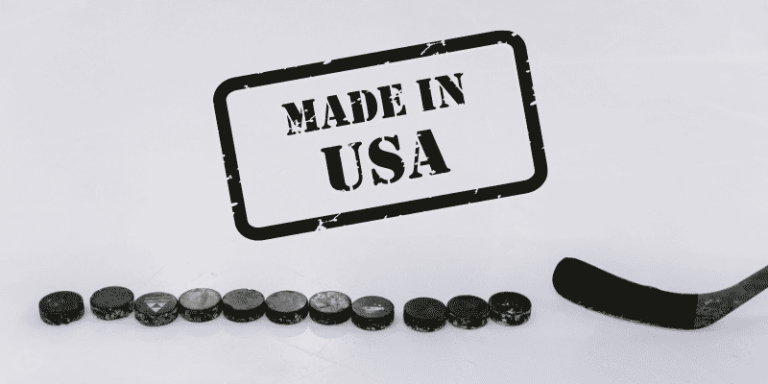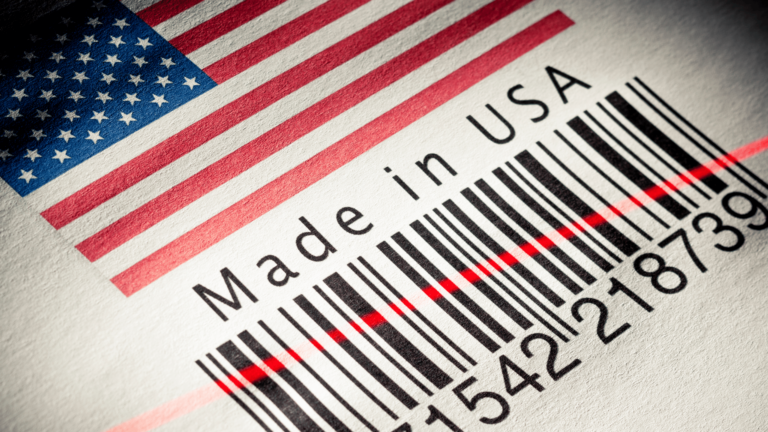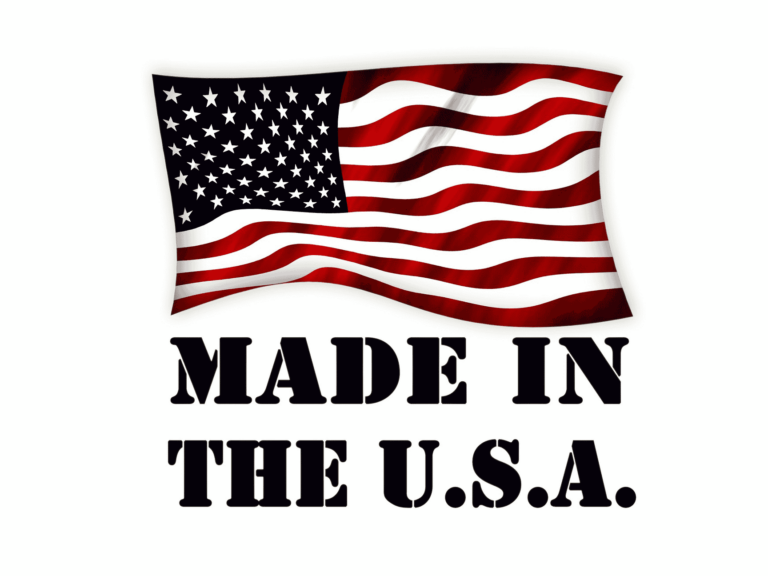The FTC Can’t Take a Joke
The Federal Trade Commission’s Made in the USA Rules A notice appeared in the May 19th Federal Register detailing a consent agreement reached with a company called Lions Not Sheep over what the Federal Trade Commission alleged were false and misleading statements regarding the origin of their products. In the following transcript, George Thompson discusses the…





